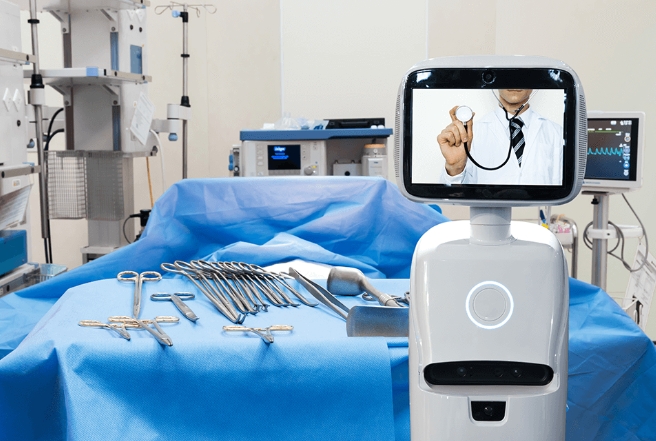Artificial Intelligence (AI) is making significant strides in transforming the healthcare industry. From improving patient care to streamlining administrative tasks, AI is revolutionizing the way healthcare professionals deliver services and manage operations.
Enhanced Diagnostics and Treatment
AI-powered tools are able to analyze medical images, such as X-rays and MRIs, with greater accuracy and speed than human doctors. This allows for quicker diagnosis and treatment planning, ultimately improving patient outcomes and reducing healthcare costs.
Personalized Medicine
AI algorithms can analyze vast amounts of patient data to identify patterns and predict which treatments will be most effective for individual patients. This personalized approach to medicine can lead to better healthcare outcomes and minimize adverse reactions to treatments.
Virtual Health Assistants
Chatbots and virtual health assistants powered by AI can provide round-the-clock support to patients, answering questions, scheduling appointments, and providing health information. This improves patient engagement and reduces the burden on healthcare providers.
Predictive Analytics
AI can analyze patient data to identify individuals who are at high risk for certain diseases or conditions. By proactively identifying these risks, healthcare providers can intervene early and prevent complications, ultimately saving lives and reducing healthcare costs.
Administrative Efficiency
AI tools can automate repetitive administrative tasks, such as appointment scheduling and billing, freeing up healthcare professionals to focus on patient care. This increases efficiency and reduces the likelihood of errors in administrative tasks.
Challenges and Opportunities
While AI has the potential to revolutionize healthcare, there are challenges that need to be addressed, such as data privacy and security concerns, as well as ensuring the algorithms used are unbiased and accurate. However, the opportunities presented by AI in healthcare are immense, and the industry is poised to benefit greatly from these advancements.
In conclusion, AI is transforming the healthcare industry by improving diagnostics and treatments, enabling personalized medicine, providing virtual health assistants, predicting health outcomes, and streamlining administrative tasks. With the right strategies in place to address challenges and maximize opportunities, AI has the potential to greatly enhance the quality of healthcare delivery and outcomes for patients around the world.

